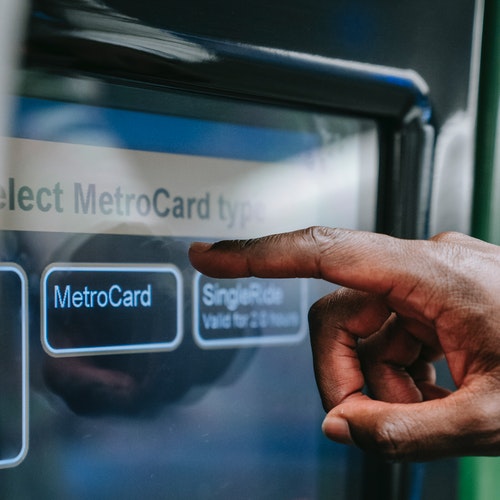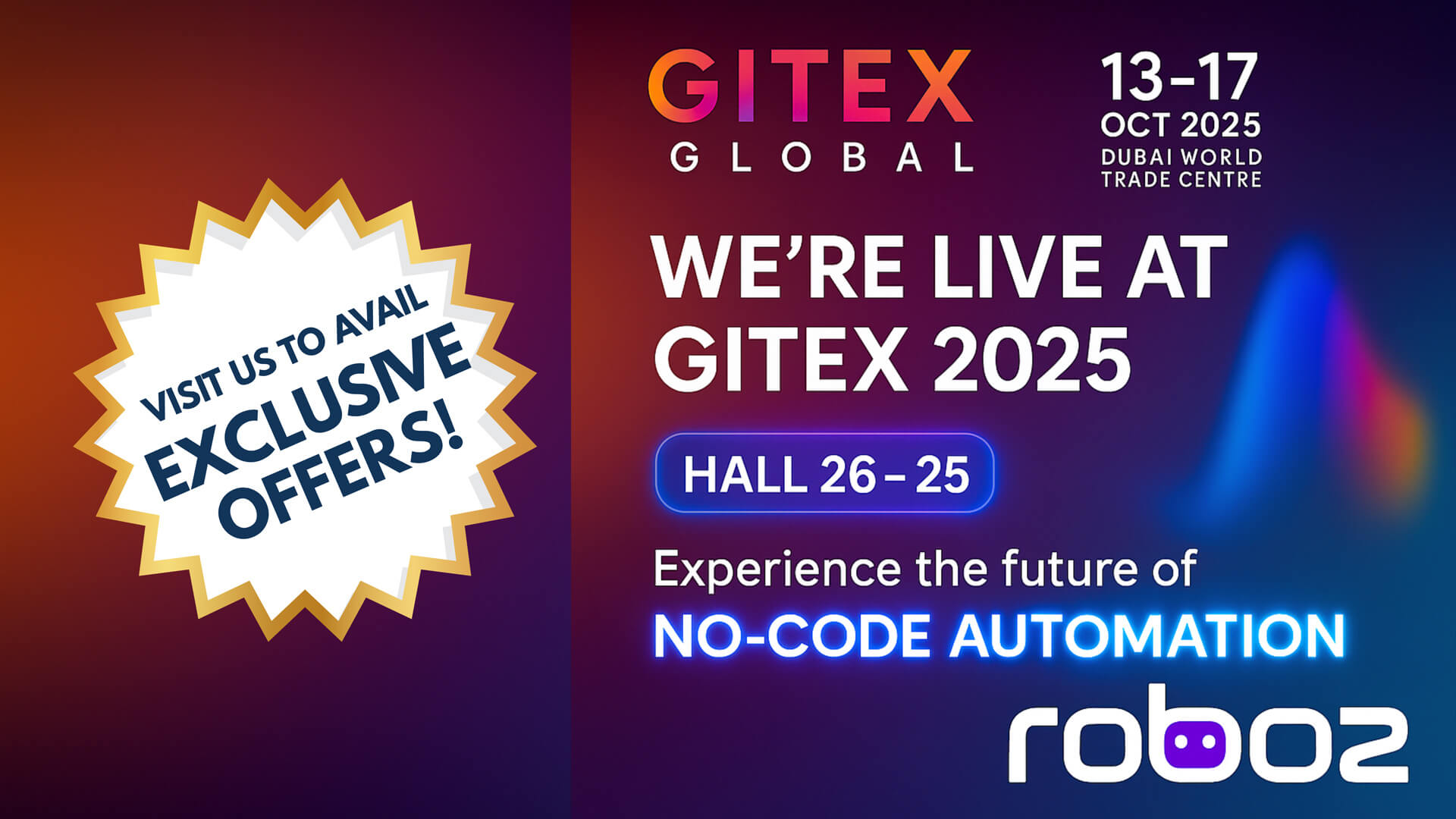Robotic Process Automation
The only automation software for tomorrow’s organizations
processes
Accounts Payable Automation
Claims Processing Automation
Contact Center Automation
Finance & Accounting Automation
Healthcare Payer Automation
Human Resources Automation
Robotic Process Automation (RPA) is the technology that liberates human minds to engage in creative and intelligent works by letting software robots take care of the boring, repetitive tasks. RPA robots can mimic human actions within digital systems to execute rule-based tasks, only substantially better: a software robot never sleeps, makes zero mistakes and costs a lot less than an employee.
How is RPA different from other automation tools?
In contrast to other traditional IT solutions, RPA allows organizations to automate at a fraction of the cost and time previously encountered. RPA is also non-intrusive in nature and leverages the existing infrastructure without causing disruption to underlying systems, which would be difficult and costly to replace. With RPA, cost efficiency and compliance are no longer an operating cost but a byproduct of the automation.
Defining Enterprise RPA

For business processes which relies on various applications, the most used approach to integrate with applications- is API (application programming interface) integration process. API- based integration is mainly used in products that provide enterprise application integration. Although automating a business process with RPA is often considered easier. RPA automates a business process solely through application user interface which makes the whole process a lot simpler, faster and cost-effective than API-based automation. RPA can also work with applications that don’t expose APIs, making it an easier medium to use with a broader range of existing software.
Get Ebook
How does Robotic Process Automation work?
RPA robots are capable of mimicking many–if not most–human user actions.
